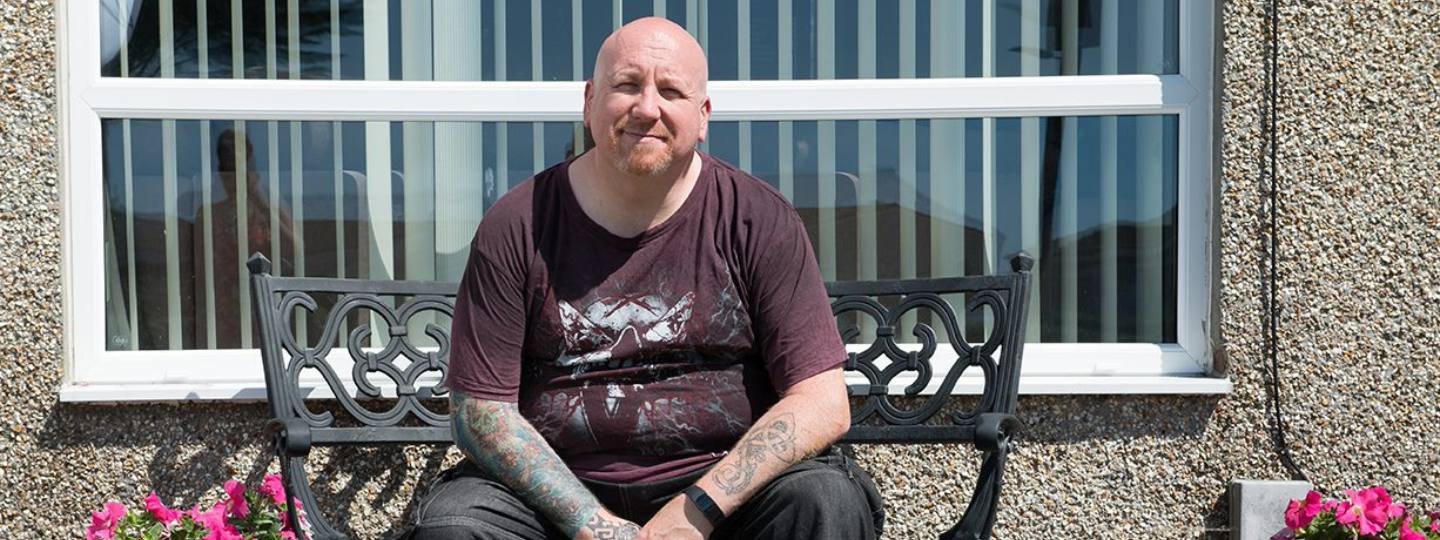Latest evidence for management of gout for healthcare professionals
13 June 2023
Despite numerous national and international guidelines for gout, there is poor uptake of urate-lowering therapies and there is a need to move towards a treat-to-target strategy.
What is treat to target?
When you treat to target, you adjust medication until you reach a specific target (such as remission or low disease activity). This involves regular tests, so you can track disease activity and make changes to treatment if needed.
New gout guidelines
In a new Talking Rheumatology podcast episode from the British Society for Rheumatology, Dr Marwan Bukhari, editor in chief for Rheumatology, interviews consultant rheumatologists Edward Roddy and Kelsey Jordan to explore gout guidelines, what’s new and what changes are needed.
The new NICE guideline provides evidence-based recommendations for diagnosis and management of gout. They are freely available for health professionals, patients and commissioning bodies and are easy to read for lay people and non-medical professionals.
So, what are the take-home messages from the guidance?
- Febuxostat or allopurinol can be offered in equal weighting as first-line treatment.
- The recommended target serum urate level is below 360 micromol/litre, in line with both EULAR and ACR guidelines.
- The treat-to-target approach has been more strongly advocated.
- There is more emphasis on patient empowerment and discussion about use of urate lowering treatments at diagnosis.
- Follow-up with patients longer term with annual assessment of urate.
In the podcast, Edward Roddy explains, “We need a paradigm shift away from viewing gout as a self-inflicted condition because of lifestyle habits, and a shift away from management of inflammatory manifestations of gout and focus instead on urate lowering therapy.”
Stories from people living with gout
-
Malcolm’s story: “Gout is treatable, so get informed and be involved in your own care”
Malcolm shares his experiences living with gout, the treatment he received, and why it’s important to be informed and involved in your own care.
-
“People seemed to think it was self-inflicted”: Neil on living with gout and osteoarthritis
Neil, 55, was diagnosed with gout but is now in remission thanks to getting on the right medication and adjusting his diet. Here he shares his story.